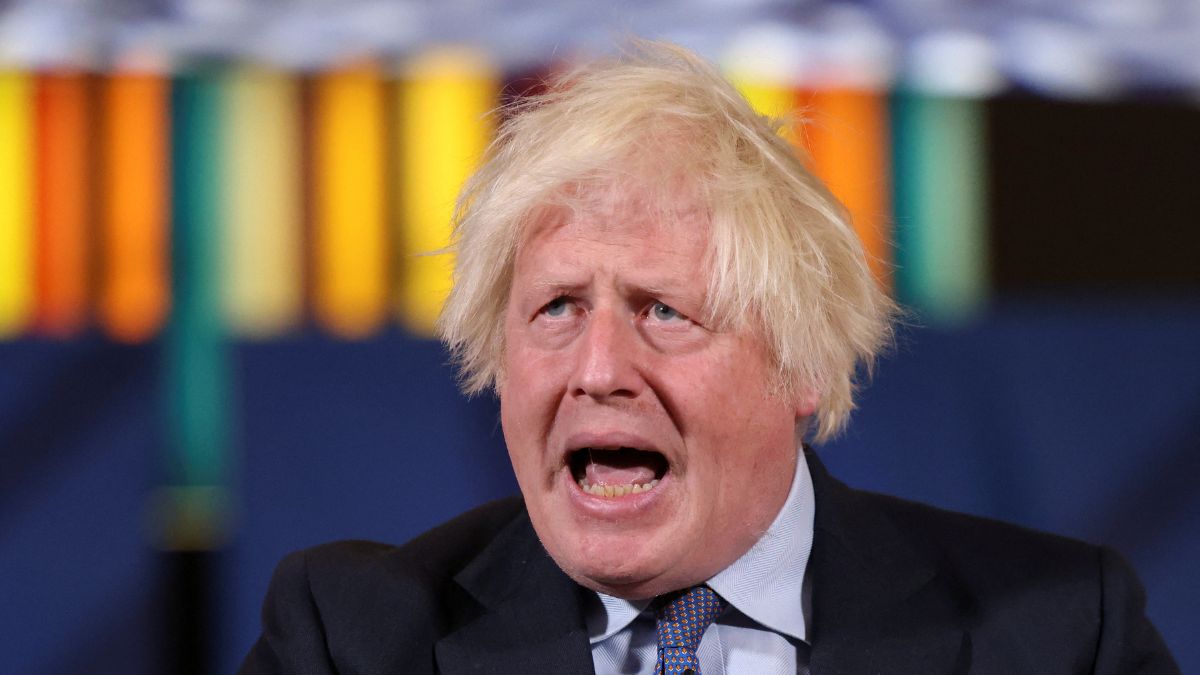The United Kingdom is voting today in its general election amid speculation about a change of government for the first time in 14 years. Many analysts believe it will be one of the country’s most consequential elections since the end of World War II. As the sixth-biggest economy votes for its next government, let’s look back at the 2019 parliamentary election, considered a landmark event since the war.
Former British Prime Minister Boris Johnson called that election held in December 2019 a referendum on essentially one issue: Brexit.
The issue of 2019 polls
General elections in the UK are typically held in the spring or early summer. But in the autumn of 2019, the recently-appointed Johnson gambled on holding one on December 12, when most people just want to get ready for Christmas and would rather think of anything but politics.
For Johnson, desperate times called for desperate measures. The June 23, 2016 Brexit referendum, won narrowly by those backing an exit from the European Union, triggered a chaotic period in politics.
Former Prime Minister David Cameron, who had campaigned for Britain to remain in the EU, resigned immediately after his side lost the referendum.
His successor, Theresa May, tried but failed to find a Brexit formula that a majority in Parliament would back. Everyone seemingly had a different idea as to what post-Brexit deal the UK should have with the EU, and the original day of departure — March 2019 — was delayed.
Impact Shorts
More ShortsParliament was in chaos, and Johnson, who succeeded May, pledged that he would “Get Brexit Done.”
Rivals in a flux, Johnson offers clarity
With Labour’s Brexit policy unclear and its left-wing leader Jeremy Corbyn deeply unpopular, Johnson’s Conservatives won their biggest majority since 1987 under Margaret Thatcher. Labour suffered its worst election result in terms of seats since the 1930s.
Johnson prevailed largely because his message was clear, especially in parts of the country that voted Brexit but had for decades voted Labour. The UK left the European Union on Jan. 31, 2020.
But, the victory turned ugly for the victor
Any celebrations were short-lived, however, with a deadly coronavirus pandemic soon spreading around the world.
Johnson was forced to resign in the summer of 2022 after he was found to have lied to Parliament over lockdown-breaching parties at his offices in Downing Street. The 49-day tenure of his successor, Liz Truss, was even more chaotic after she unveiled unfunded tax cuts that roiled financial markets and sent borrowing costs for homeowners surging.
Rishi Sunak succeeded May and he has had to contend with the dual legacy as their Conservative Party looks at the uphill task of keeping the Labour Party from returning to power in the UK.
)